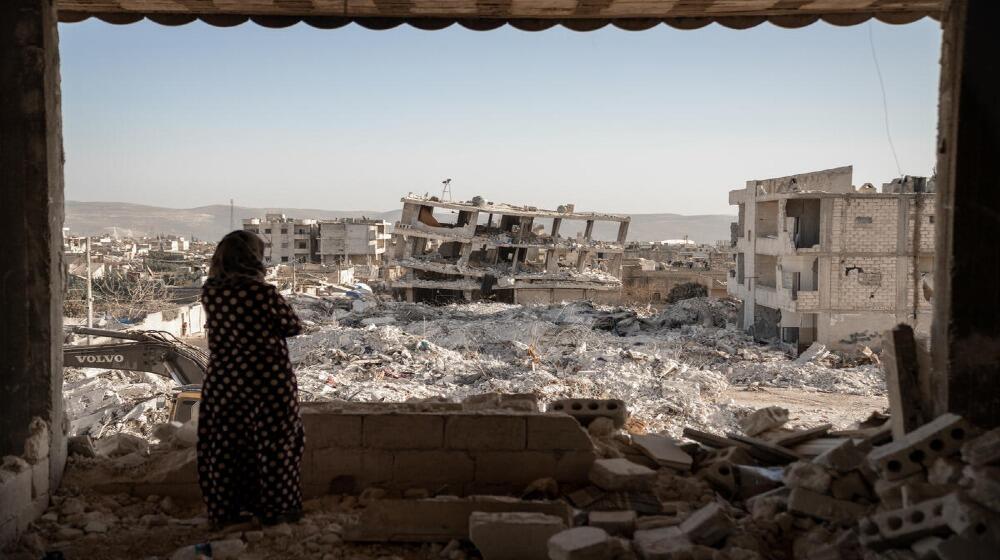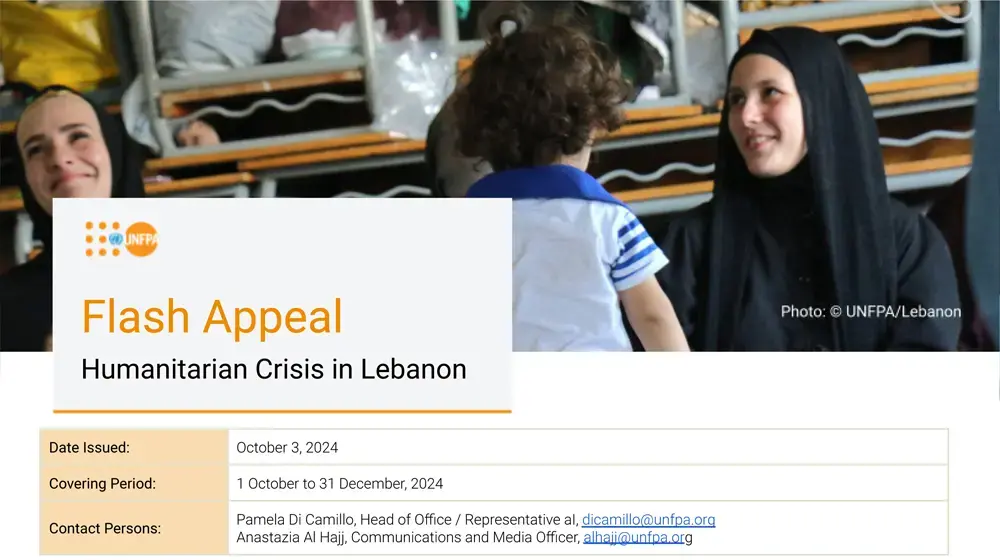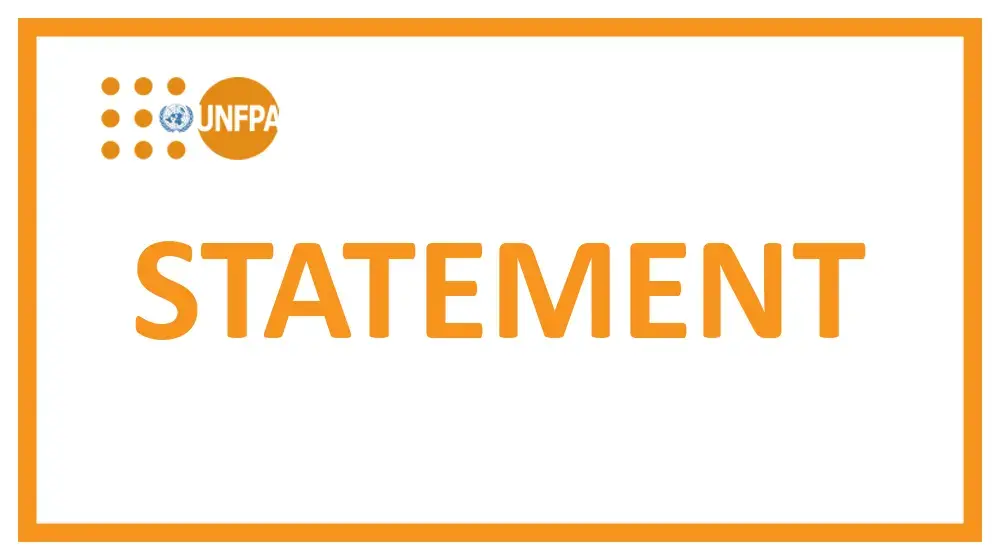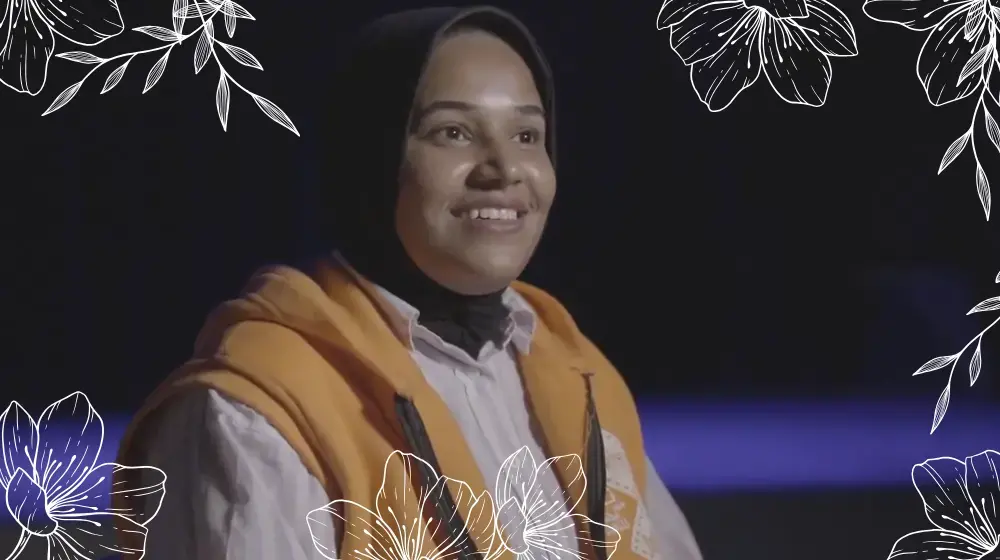“For most people in Syria, life today carries very few prospects for a better future,” says Rima, a young woman from Aleppo, who recently accessed services at a UNFPA-supported Safe Space. “People are giving up.”
Rima’s words have been echoed by countless people served by UNFPA over the past years. Many who spoke to UNFPA had also survived the devastating earthquake that struck Türkiye and Syria in February 2023 — mere weeks before the country entered the 13th year of a humanitarian crisis that has pushed entire communities to the brink.
Before the earthquake, 15.3 million people were already in need of humanitarian assistance — the highest number since the onset of the crisis in 2011. This includes 7.7 million women and girls, 4.2 million of whom are of reproductive age. The country also has the largest number of internally displaced people in the world at 6.8 million people. Converging challenges, including mass displacement, Covid-19 and recent health epidemics such as cholera, and economic collapse, make it one of the world’s most complex humanitarian and protection emergencies and one of the most challenging contexts to be a woman — and 2023 will likely be its worst year yet. The recent earthquake has significantly exacerbated these challenges, impacting close to 9 million people, particularly in the country’s northern regions where millions were already displaced and living in dire conditions.
Meanwhile, more than 6.8 million Syrians remain as refugees in five neighbouring countries – Türkiye, Lebanon, Jordan, Iraq and Egypt. Almost half of them are women and girls. In addition to being the population in Türkiye most impacted by the recent earthquakes, they continue to grapple with the far-reaching consequences of displacement and uncertainty, including discrimination, economic decline, and escalating risks of exploitation and abuse.
“The situation for Syrians throughout the region is worse than it has been in years,” explains UNFPA Arab States Regional Director, Laila Baker. “Mass displacement, the deepening economic crises in the region, a worsening cholera epidemic, continuing and new hostilities, and rampant violations of human rights have all converged to place lives at risk. As in all humanitarian crises, women and girls are the worst off.”
In addition to suffering disruptions to their social networks and access to basic protection and legal services, assessments and focus group discussions conducted by UNFPA show that women and girls in Syria and host countries continue to grapple with the daily threat of gender-based violence, often exacerbated by discriminatory attitudes based on age, displacement status, disability, or marital status. Of particular concern are reports by women and girls throughout Syria that violence against them has become normalised after more than a decade of instability, particularly in the absence of effective justice systems to hold perpetrators accountable.
Since the onset of the crisis in 2011, UNFPA and its partners have consistently endeavoured to mitigate the cumulative impact on the most vulnerable, delivering programmes to ensure women and girls’ uninterrupted access to quality health services and their protection from gender-based violence. In 2022 alone, UNFPA’s regional response to the crisis delivered sexual and reproductive health services to more than 2 million people, while more than 815,000 were reached with programmes designed to prevent and respond to gender-based violence, including nearly 290,000 adolescent girls. More than 142,000 women were provided with cash and voucher assistance to meet their urgent needs, while more than 12,000 LGBTQI+ individuals were served.
In 2023, safeguarding the rights, health, and dignity of Syrians throughout the region will require a concerted and uncompromising effort by the international community — a task that is becoming increasingly challenging due to ongoing funding shortfalls and emerging geopolitical challenges. The additional needs wrought by the recent earthquake come on top of existing and substantial funding gaps that had already resulted in the closure of many service delivery points, including Safe Spaces. In 2023, these gaps must be addressed, as failure to do so will lead to additional preventable suffering and deaths.
UNFPA will spare no effort to continue championing the rights and protection of women and girls, and will continue working with partners in Syria and host countries to ensure no one is left behind.





